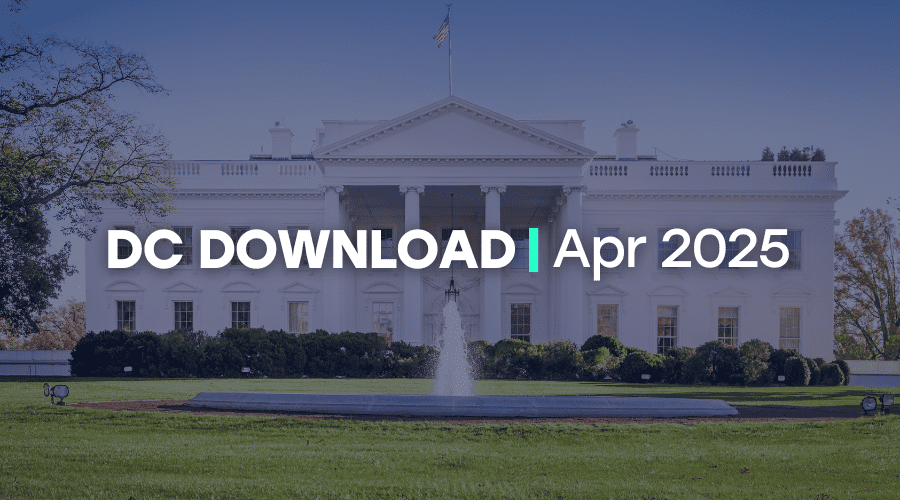“Kids should be seen, and not heard.” This is an attitude among adults that Wendy Schaetzel, of the volunteer-run nonprofit, School Girls Unite and Youth Activism Project describes as “passé.”
Today’s young activists are not asking for—or waiting for permission to speak. They are taking matters into their own hands and reaching out to their legislators, organizing rallies, and masterfully using social media to raise their voices.
On March 13, the eve of National Student Walkout Day—and a little over a week before the March For Our Lives, high school students from the Washington, DC suburb of Bethesda, Maryland—hosted the Conference of the Contemporary Teenager (CoCAT), an interactive, experience-based pop-up exhibit at Studio Theater in Northwest Washington, DC under the faculty leadership of David Lopilato. Bethesda-Chevy Chase High School students organized a showcase and facilitated panel discussions with experienced activists and lawmakers. The teens offered their viewpoints on activism, gun violence, and an array of issues teenagers face today.

Schaetzel was a panelist and intentionally sat alongside the young moderators and exchanged ideas with them to reflect that she regarded them as equals.
“There is no minimum age for leadership.” Schaetzel said. She referred to the relationship between the young activists and what she calls their “adult allies” as one of “mutual education.”
As an adult ally, Schaetzel stressed the importance of adults being careful to not take over, or project their ideals on to the young people.
“Intergenerational advocacy represents a seismic role reversal,” she said. “The transformation is not about deferring to nor commandeering young people, and creating adult clones is not our role. As adults, we strive to unlock their minds, so they imagine a better society, discover and analyze problems, develop strategies to pursue real change.”
She showed equal enthusiasm for what the new generation of young activists have been able to accomplish even as they’ve still been discounted by members of an older generation of activists—what Schaetzel referred to as “adult amnesia.”
“The automatic assumption is…’Who put them up to that?’ As if the youth aren’t capable of thinking for themselves.” Schaetzel said. “What we’re dealing with here is a case of envy.” She referred to how teenagers all over the country were able to bring thousands together by using technology in a way that simply wasn’t available to past generations.
In response to young adults being brushed off as “slactivists” who merely post on social media, but do little else to truly make a change, Schaetzel acknowledges that there are some young people that fall into that category, but that the criticism could be extended to all age groups. “We’re down to whatever fits into a bumper sticker.”
Turning Activism into Advocacy
As we’ve seen with the recent March for Our Lives, nonprofit organizations can lend their resources and networks to taking a grassroots movement to another level. As the case with the gun control debate, organizations like Everytown for Gun Safety and Moms Demand Action for Gun Sense in America have supported and often amplified the message of eradicating gun violence in communities across the country.
“Our mission was to give them the biggest megaphone possible,” Shannon Watts, the founder of Moms Demand Action, told the New York Times. “I think what [the March] showed was every generation wants to get involved in this effort and they want to get off the sidelines.”

At the CoCAT event, Mary Beth Tinker, expressed her excitement about the opportunities nonprofits have to learn from this new generation of young activists. Tinker, a renowned free speech activist, who herself got her start as a young activist during the Vietnam War, led her classmates in an anti-war protest. This resulted in several of the students being suspended from school. The American Civil Liberties Union took the case to the Supreme Court and in 1969, in a landmark decision, the court ruled that students in public schools indeed have First Amendment rights. Tinker, who was named in the suit, remains a strong advocate of free speech and mentor for the youth.
The CoCAT and March for Our Lives organizers also take activism to another level by encouraging eligible students to register to vote. HeadCount, one of the nonprofit partners of the March for Our Lives, had the biggest voter registration day in its 15-year history during the march. At the CoCat event the week before, the League of Women Voters of Maryland were onsite to help people recognize that the power of advocacy is dependent upon empowering voters.
Independent Sector’s Allison Grayson has been studying the role of advocacy in the sector for 16 years and is inspired by the energy and commitment by young people to make change. She also hopes nonprofit organizations see the potential of what is possible.
“The events of the past month demonstrate the power of advocacy, the critical role that nonprofits play in supporting and empowering people to advocate, and pushes us to think about the larger role individual nonprofit employees can play as advocates,” she said. “Look at what teenagers did in a month, think about what we could do as a sector if we truly mobilized behind the issues that our communities cared about.”



